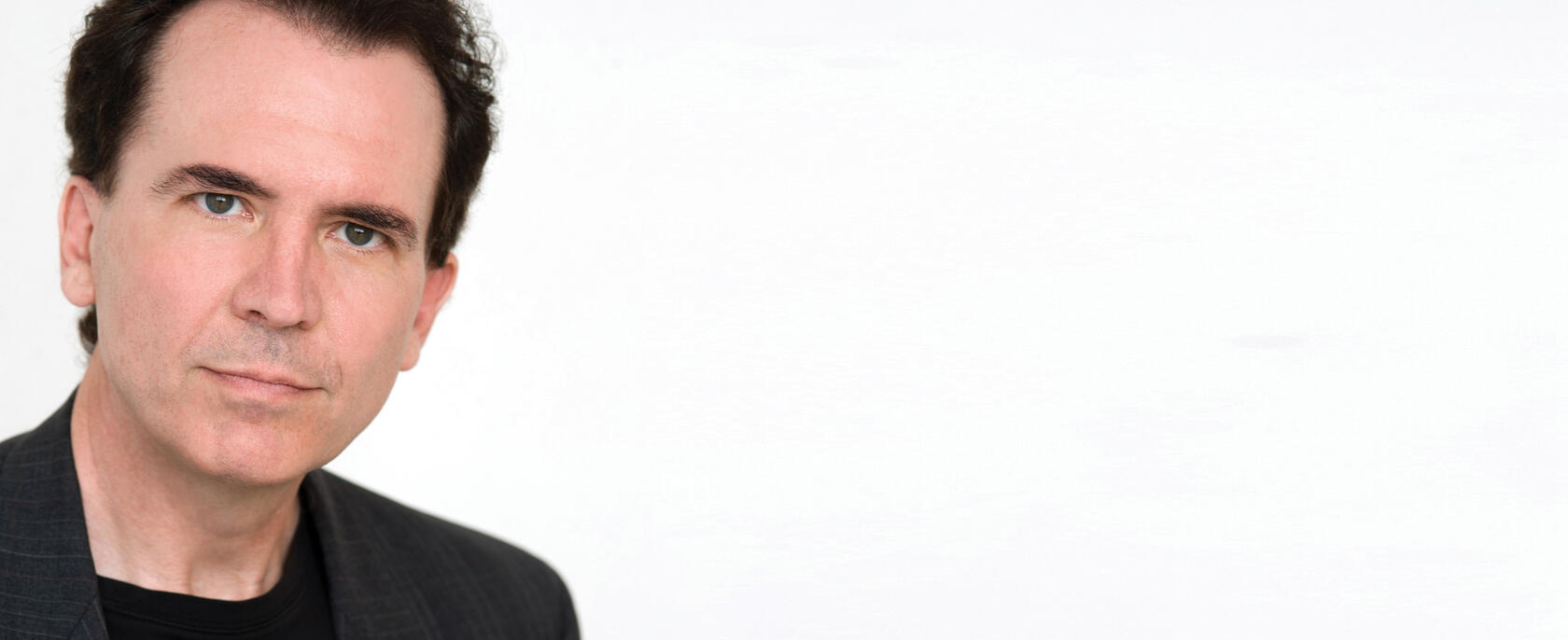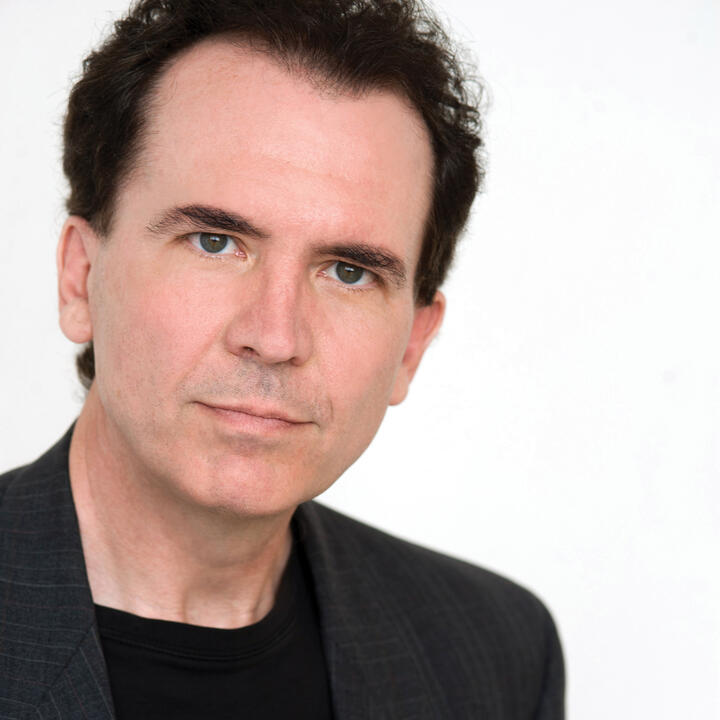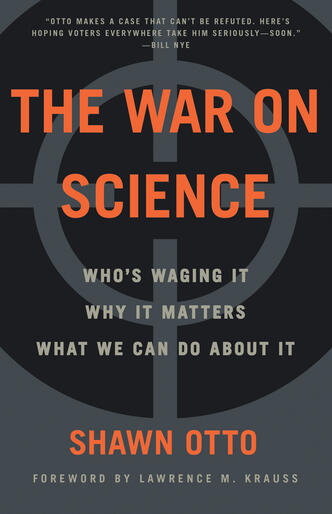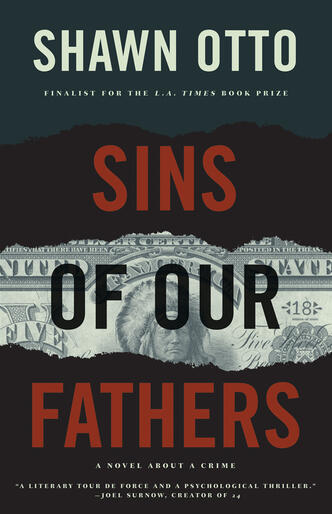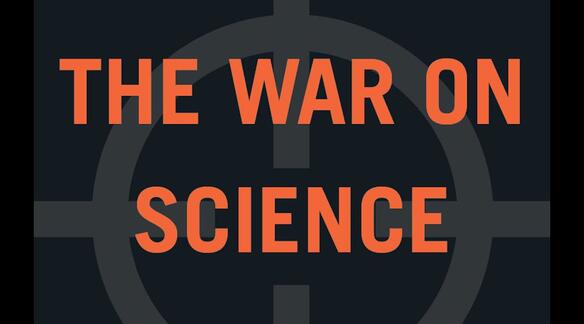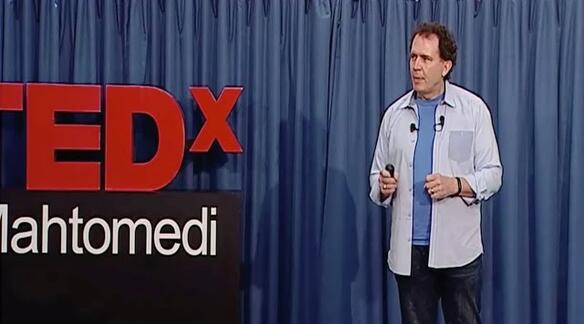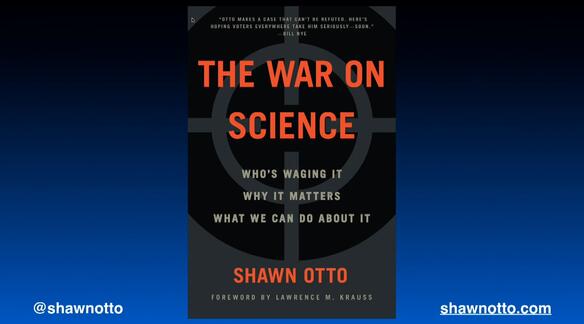Shawn Otto is an award-winning science advocate, writer, educator, and speaker. He is the author of The War On Science: Who’s Waging It, Why It Matters, What We Can Do About It, which the Guardian called “one of the rare books that changes the way you view the world.” He is the cofounder ScienceDebate.org and the producer of the first US Presidential Science Debates, for which he received the IEEE-USA’s National Distinguished Public Service Award, and has advised science debate efforts in several countries. Otto is also a novelist and filmmaker. His first novel, Sins of Our Fathers, was a finalist for the Los Angeles Times Book Prize, and his film House of Sand and Fog was nominated for three Academy Awards. He lives in Minnesota with his wife, Rebecca Otto, in a wind-powered, green, solar home he designed and built with his own hands.
